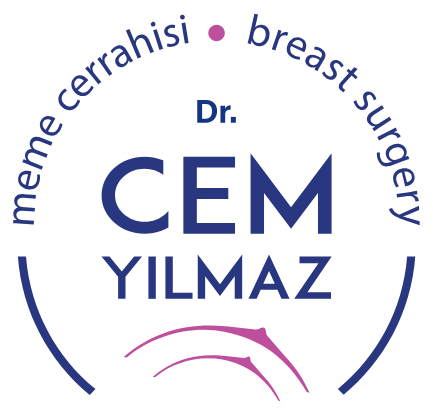Saturday: 08:00 - 14:00
Hormonetherapy
Patients who have completed surgery and chemotherapy are given hormone medications (hormonotherapy) that are structurally similar to but suppress estrogen and/or progesterone if their tumors are sensitive to these hormones (they carry hormone receptors).
Breast cancer is thought to be closely related to a woman's hormonal balance. Long-term exposure to estrogen (early menstruation and late menopause) and never having given birth or having their first child after age 35 are risk factors for breast cancer development. The ovaries are the body's main source of estrogen and progesterone hormones.
Studies based on these relationships have determined that some agents with anti-estrogen effects may have protective properties against breast cancer. Women whose cancer cells have receptors for estrogen or progesterone hormones may benefit from agents that bind to these receptors and block the hormones' effects.
What are Hormonotherapy Agents?
The most commonly used anti-estrogen agent today is tamoxifen. In recent years, other agents with different mechanisms of action but similar effectiveness have been developed in addition to tamoxifen (such as aromatase inhibitors).
Hormonotherapy for Prevention
Tamoxifen can also be used for prophylaxis in patients at high risk for developing breast cancer. It has been used for this purpose for a period of 5 years and reduces the risk by an average of 40-50% during its use alone.
What are the Side Effects?
Tamoxifen can cause the onset of menopause-like symptoms in early pregnancy. Long-term use has been linked to uterine cancer. Therefore, use in premenopausal women is limited to five years.
Aromatase inhibitors administered after menopause have some side effects, such as osteoporosis and joint pain. Therefore, patients are given calcium supplements if necessary, and physical therapists may prescribe additional medications, based on bone density measurements taken before and after the medication.


